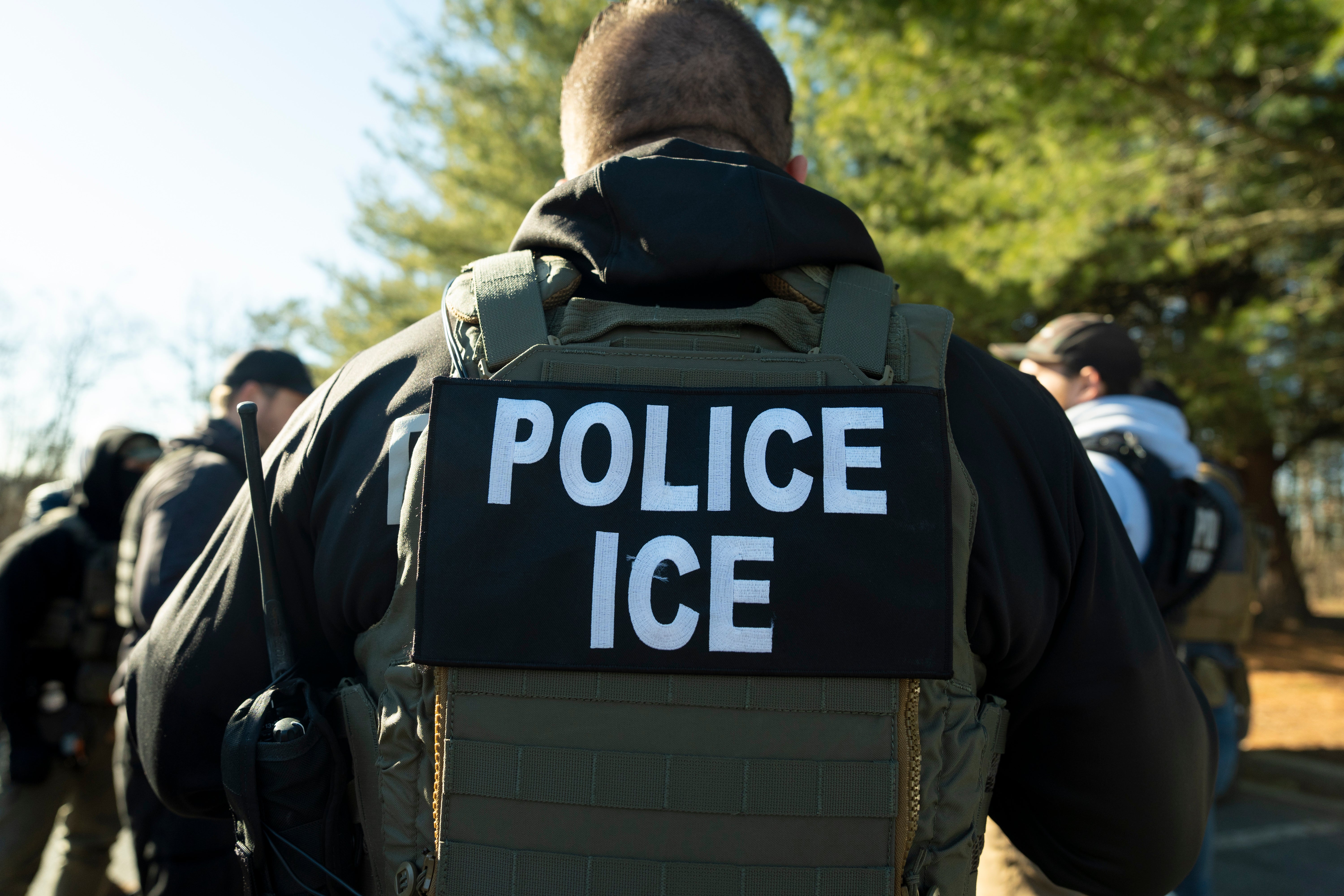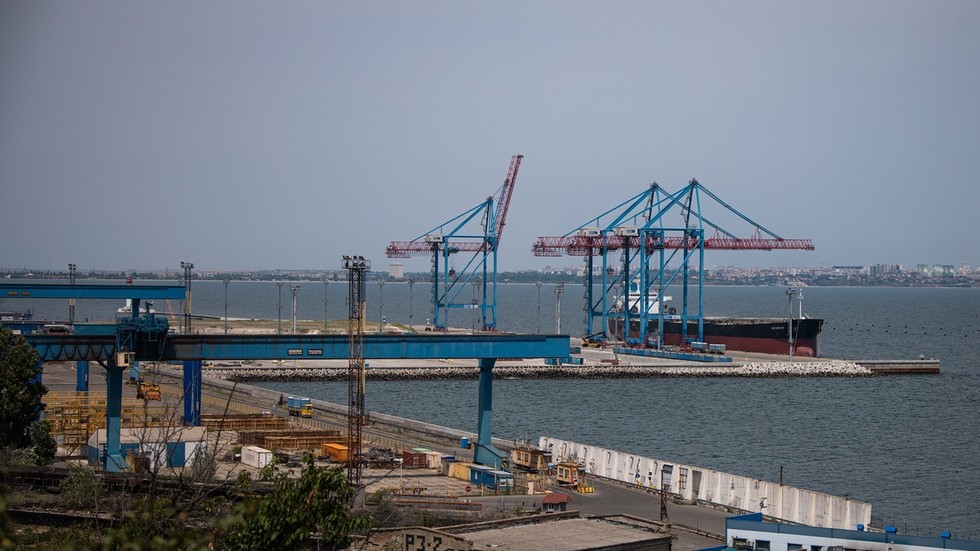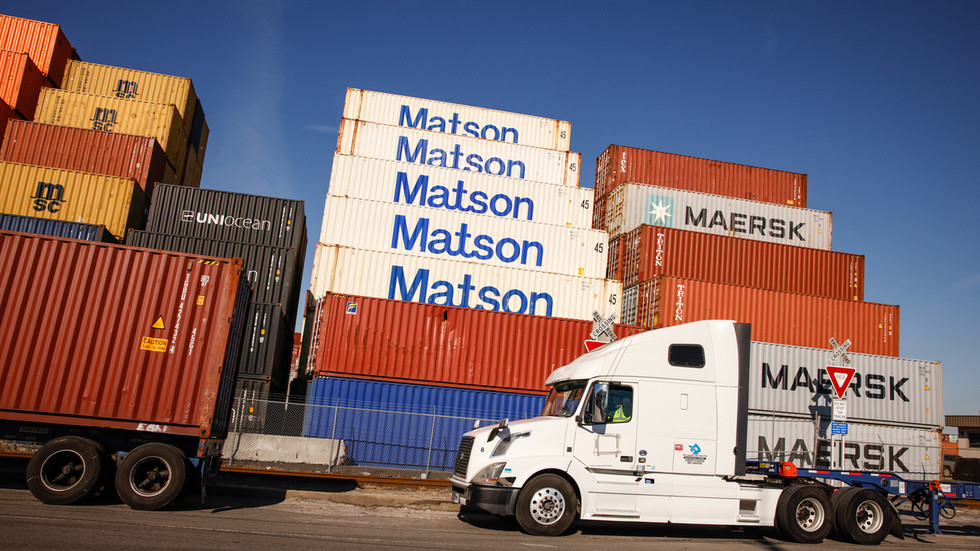A Venezuelan man came to the United States to donate a kidney to his brother in kidney failure, but ICE authorities detained him, putting the fate of both brothers in question.
José Alfredo Pacheco, 37, was diagnosed with end-stage kidney failure in December 2023, shortly after arriving in the Chicago area from Venezuela, seeking asylum. His older brother, José Gregorio González, 43, hoped to donate his kidney to save Pacheco’s life — but immigration authorities detained him, throwing their plans into disarray.
The pair had an appointment at a hospital ahead of the organ transplant surgery, the Chicago Tribune reported. But those plans are now up in the air after Immigration and Customs Enforcement arrested González on March 3 as he was making breakfast at his home for his sick brother.
“We both cried when they arrested him because we both know he is my lifeline,” Pacheco told the newspaper.
González was initially held at Clay County Detention Center in Indiana but is now in the “process of being transferred, making his deportation even more likely,” the Resurrection Project, a Chicago-based nonprofit whose legal team represents González. The Independent has reached out to the nonprofit for more information.

He could soon face deportation but has asked for humanitarian parole so that he can donate his kidney.“
After that, I will return to Venezuela,” González told the Tribune.
His brother could be forced to wait four to five years on a transplant waitlist if this organ exchange doesn’t happen, NBC News reported.
The decision to grant González humanitarian parole lies with his ICE officer, Peter Meinecke, an attorney with The Resurrection Project, told the Tribune.
“It is ultimately an opportunity to leave detention for the sole purpose of undergoing the kidney donation to save his brother’s life, and then ICE will be able to detain him again and eventually remove him from the country,” Meinecke said. He noted that the maximum amount of time immigrants are released under humanitarian parole is typically one year.
González initially tried to enter the U.S. in 2023, but failed the initial credible fear interview, the outlet reported.
After learning of his brother’s diagnosis, he made an appointment with immigration authorities but was put in removal proceedings and detained. Since there were no deportation flights to his home country at the time, he was placed in ICE supervision in March 2024 and allowed to join his brother in Chicago. That was until ICE showed up on his doorstep.
He does not have a criminal record, Meinecke said.
Pacheco has three children — two nine-year-old twins and a 17-year old — who live in Venezuela. He said he hopes to live to see them grow up.
“This is literally a matter of life and death,” Erendira Rendón, with The Resurrection Project, told ABC7. “ICE has the discretionary authority to release Mr. Gonzalez on humanitarian grounds. Every day he remains detained is another day his brother’s life hangs in the balance.”

 21 hours ago
2
21 hours ago
2








